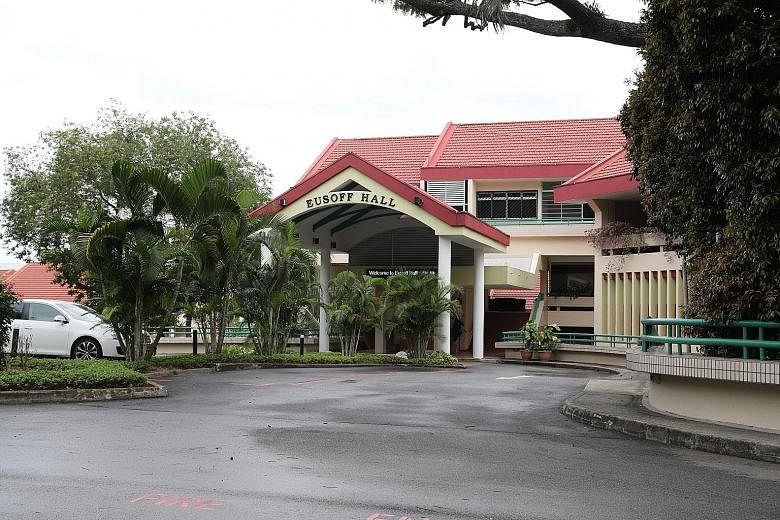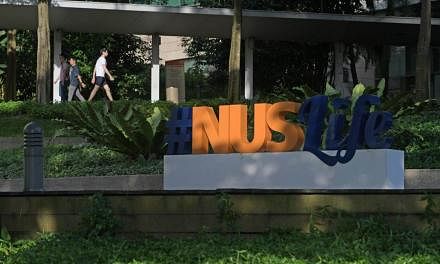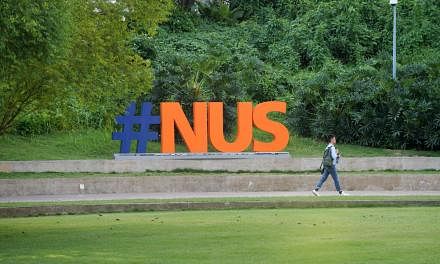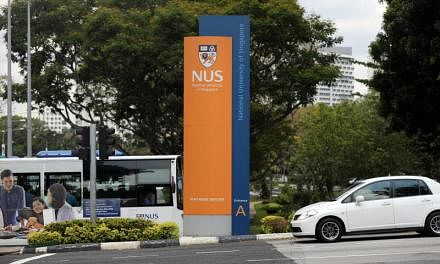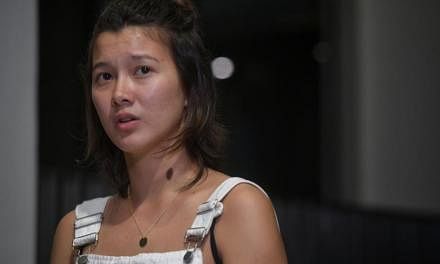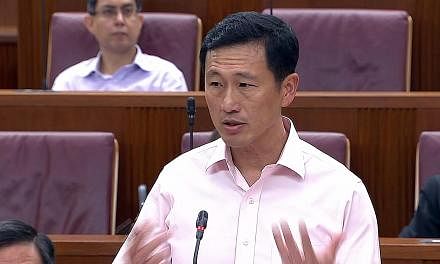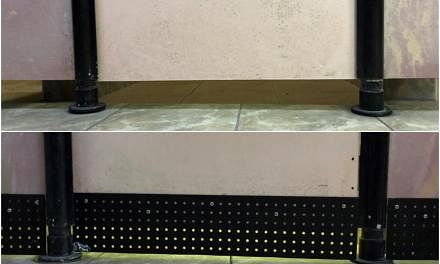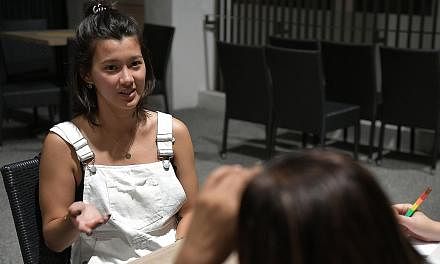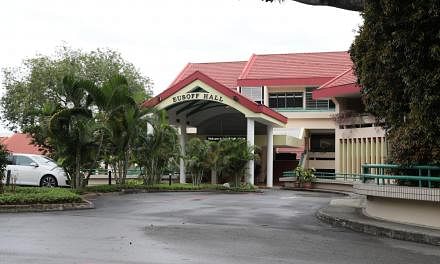SINGAPORE - The universities will step up security on their campuses and improve support for victims of sexual misconduct, said Second Minister for Education Indranee Rajah on Monday (May 6).
The Singapore University of Social Sciences, for example, is working with the police to tackle voyeurism, by training its security staff to inspect toilet cubicles or ceilings for miniature cameras that can be illegally installed.
Ms Indranee told the House that the institutes of higher learning (IHLs) will take steps to address such new forms of threats, as part of their overall review of campus security.
She also outlined the other broad areas that the institutes are reviewing, such as victim support as well as doing more to educate students on values and the importance of respect.
Several MPs had asked about the measures universities and schools have in place to prevent sexual harassment, and what steps have been taken to improve the handling of such cases.
Their questions come after undergraduate Monica Baey, 23, took to social media to air her frustration at the way the National University of Singapore (NUS) handled her case after she was filmed showering in Eusoff Hall by fellow student Nicholas Lim, also 23. NUS drew criticism for its approach.
Ms Indranee said educational institutions currently have full-time counsellors to support victims, and a larger group of staff trained as para-counsellors.
"Our IHLs will look to strengthen these provisions, taking the victim's entire journey in mind. The support must extend beyond counselling, and begin at the point that the victim first reaches out for help," she added. "We should also ensure victims feel safe, to step forward and report cases when they occur and seek help."
Acknowledging that the recent NUS case showed that there were shortcomings in victim support, Ms Indranee said that the university has set up a Victim Care Unit.
"NUS has acknowledged this and has committed to doing better. NUS is serious about improving its frameworks and processes, and has convened a high-level Review Committee to oversee the implementation of various measures by NUS management," she added.
A good support system must create psychological safety for victims, guide them through the processes involved in the management of their case, and update them on investigations, she said.
Ms Indranee added that the concerns and questions of victims must be addressed throughout, and the handling of their cases must be done sensitively and with empathy.
For more severe cases like sexual assault, institutes need to be equipped to assess the victims' emotional state and call for external professional help where needed, she said.
Society must take a "collective stand against sexual misconduct in a modern age", she said, calling for more to be done to educate students on the value of respect and what constitutes harm and violation.
"At its core, this issue is about respect for others," Ms Indranee said, noting that some mistakenly think voyeurism and verbal harassment are not serious as there is no physical contact with the victim.
But voyeurism and non-physical harassment result in psychological and emotional harm on victims, she said, adding that perpetrators are no less culpable just because they did not come into physical contact with their victims.
"Technology has also amplified the potential for harm arising from sexual misconduct," she said.
Just as the Penal Code is being updated to deal with sex crimes enabled by technology, the same has to be done for processes at educational institutions, she added.
